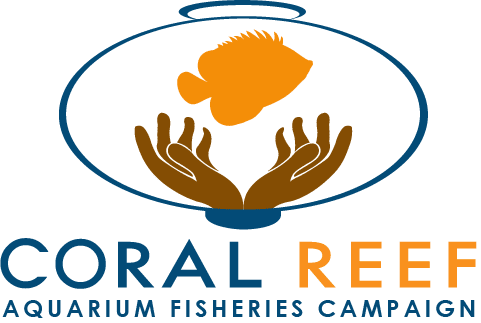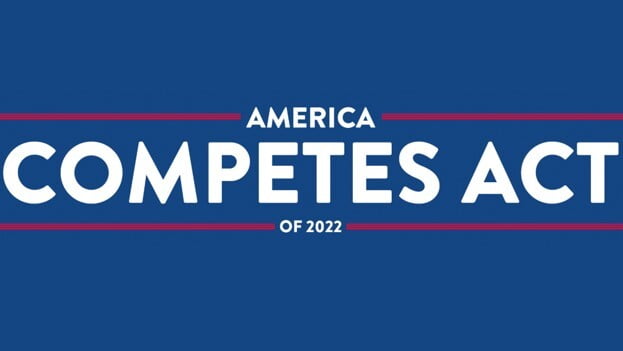
The America COMPETES Act was a bill introduced into Congress in 2022. It proposed "to invest in innovation through research and development, and to improve the competitiveness of the U.S." It was an ambitious bill that sought to do lots of things for American society and business.
In it contained amendments to the Lacey Act of 1900. The Lacey Act is a conservation law that prohibits trade in wildlife, fish, and plants that have been illegally taken, possessed, transported, or sold.
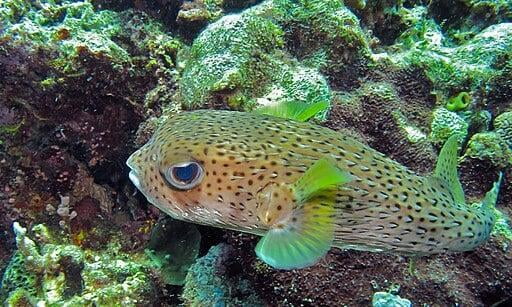
Injurious Species
Problematic amendments centered around species designated as injurious: To humans, agriculture, forestry, or wildlife. The bill provisioned for the creation of a "whitelist" of approved, non-injurious species. But how would those species determinations be made? The bill provisioned the Secretary of the Interior with the power to list any species as injurious for up to 3 years while study is conducted to confirm such a determination.
The bill called for monitoring and regulation of interstate transport of species designated as injurious. Currently, however, there are no systems in place for this kind of documentation and permitting. So how would this work in the U.S.?
Aquarium Organizations Intervened
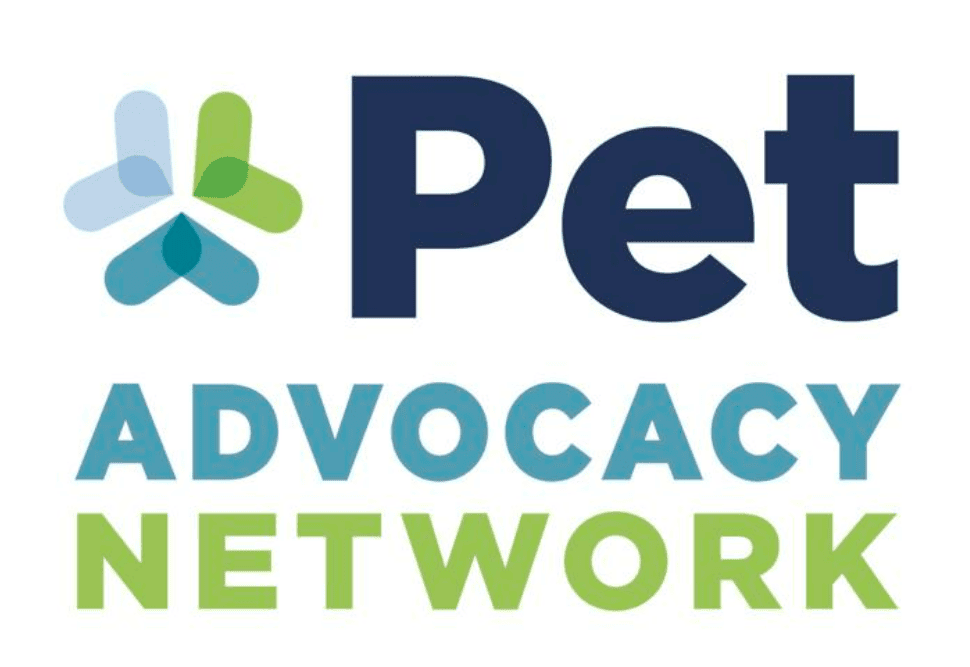
The Pet Advocacy Network represents the experience and expertise of the responsible pet care community to legislative, regulatory, and governing bodies. The Mission of their Aquatic Committee is to foster collaboration among the aquatic community on aquarium fish regulatory and legislative issues impacting businesses, hobbyists, and environmental stewardship in the U.S. Does anybody remember Habitattitude? Yup! They did that. The Network, after studying these aspects of the bill, came out in opposition of these proposals and launched a letter writing campaign on behalf of its members. All in all, the organization spurred the submission of 17,000 letters as public comment on the bill.
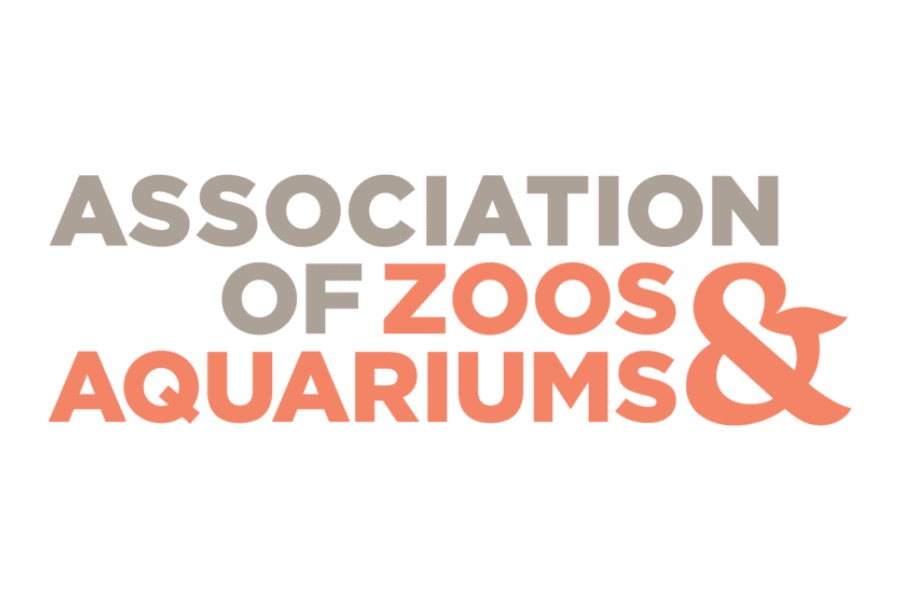
The Association of Zoos and Aquariums (AZA) represents 235 zoos and aquariums around the U.S. and beyond, many of which are landmark institutions in their cities that enjoy the broad support of their city and state governments, After studying these aspects of the bill, the AZA encouraged their member zoos and aquaria to engage their elected representatives on the bill, while AZA staff conducted direct communications with government representatives to represent the organization's position on the bill.

Ultimately, the America COMPETES Act became law in August 2022 as the CHIPS & Science Act, wherein the Lacey Act amendments were discarded.
But the marine aquarium community is advised to be vigilant, as these amendments are still favored by some politicians, and are likely to resurface in future bills.

The Pet Advocacy Network monitors developing legislation concerning pet care at the municipal, state, and federal level, alerting its members to engage with their representatives on legislation that may be impacting them in their corner of the U.S., and engaging directly on priority developments. If you're a marine aquarium business, consider joining the Network to stay informed, and to channel your voice to the right government representatives. If you're a hobbyist, ask your local marine aquarium club to join, and ask that the topic of regulatory issues becomes a regular part of your club meetings.
Sources
This blog post was informed from insightful conversations with Bob Likins, Executive VP of the Pet Advocacy Network, Steve Olson, Senior VP of Government Affairs at the Association of Zoos and Aquariums, and Matt Pedersen. Articles on the topic published by Reef to Rainforest Media were also consulted.
